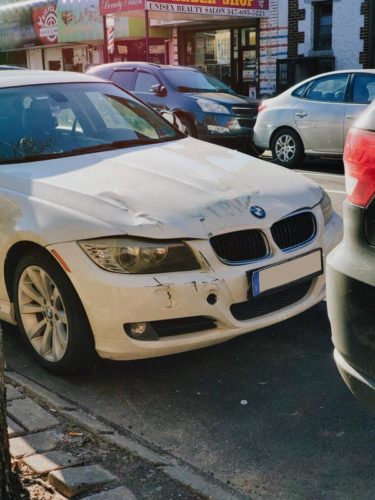
Sometimes, it is difficult to determine which party was at fault in a car accident. This is because, often, more than one party is to blame for damages and injuries endured. This is why New Jersey has specific insurance policies and comparative negligence laws in place to evaluate such personal injury claims as fairly as possible. Learn more about these rules and how a seasoned Morris County, New Jersey car accident lawyer at The Marci Law Group can help you fight for the justice you deserve.
How does car insurance work in the state of New Jersey?
All drivers in the state of New Jersey are required to purchase Personal Injury Protection insurance. This is a type of no-fault insurance that provides you and your passengers with compensation to help cover the cost of damages, such as medical bills and lost wages.
It is important to note that Personal Injury Protection insurance often does not cover all of the damages endured in an accident, especially non-economic damages such as pain and suffering. This is why it may be necessary for you to file a personal injury claim for a chance to receive the full monetary recovery that you require to heal.
What is New Jersey’s comparative negligence law?
The state of New Jersey uses the comparative negligence law, in which the jury determines the percentage of fault for each party involved in the car accident. So, in the instance that you were found to be partially negligent and, therefore, partially responsible for your own injuries in the car accident, the law allows you to still recover damages based upon the percentage of negligence the jury attributed to you. For example, if the jury determines that you were 10% at fault and the other party was 90% at fault, and they award $100,000 in damages, the amount you will receive will be directly adjusted to $90,000.
However, if your negligence is deemed greater than the negligence of the other party, then you will not receive any compensation. So, if you are found 51% at fault, you will be considered the liable party.
How does New Jersey determine fault in car accidents?
The following are some examples of evidence you can collect to prove fault by the other party:
- They hit your car from behind.
- They violated a traffic law, such as running a red light, turning at a no-turn on red, or speeding.
- They made comments admitting or implying personal blame after the accident.
- They displayed a level of impairment due to drugs or alcohol.
- They failed to keep a proper lookout due to distracted driving.
If you have been injured in a car accident, and even if you believe that you may be partially at fault, contact a knowledgeable Morris County, New Jersey auto accident lawyer today.
CONTACT OUR MORRIS COUNTY FIRM
The Macri Law Firm is proud to serve clients throughout Morris County who are faced with legal matters related to estate planning, personal injury and medical malpractice. If you require the services of an experienced team of attorneys, contact The Macri Law Firm today to schedule a consultation.